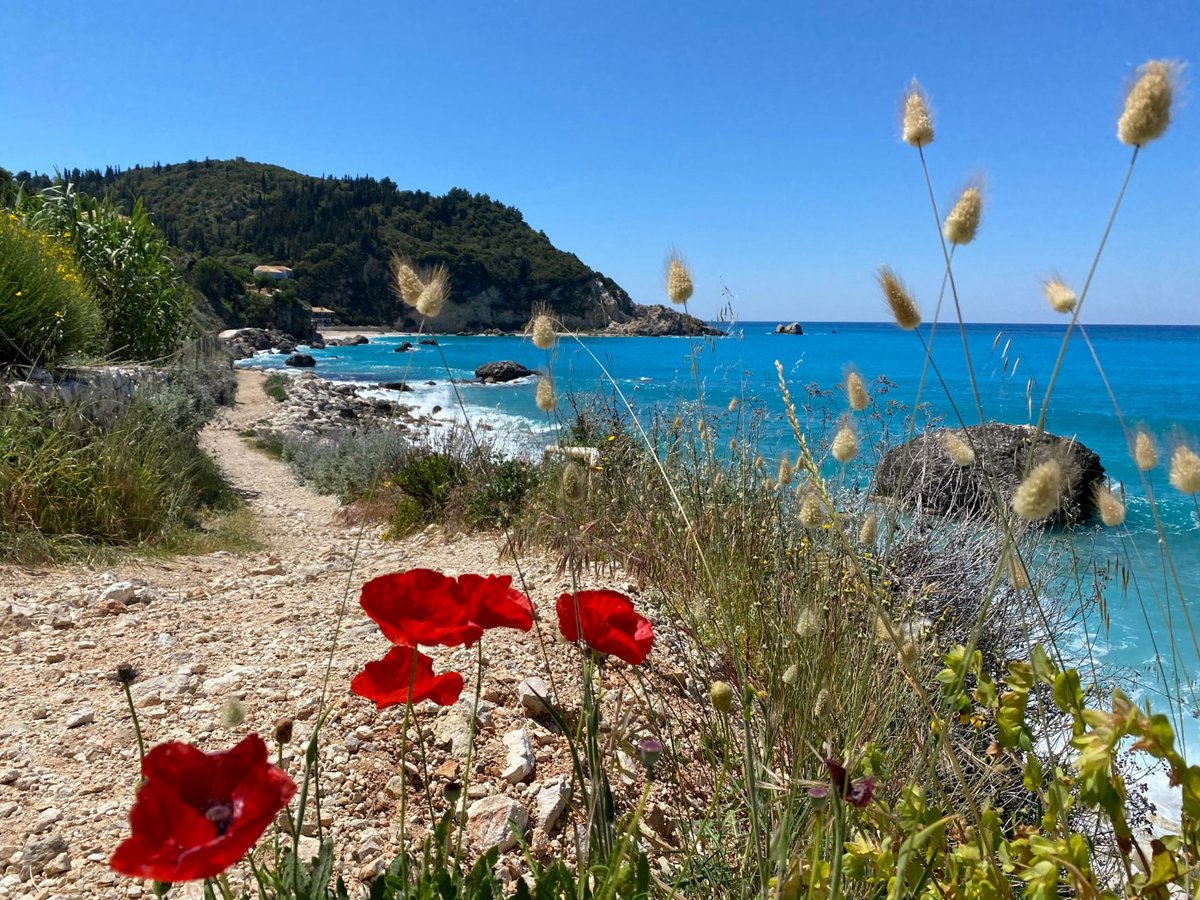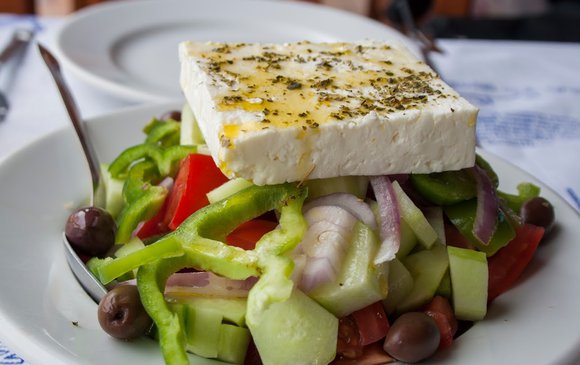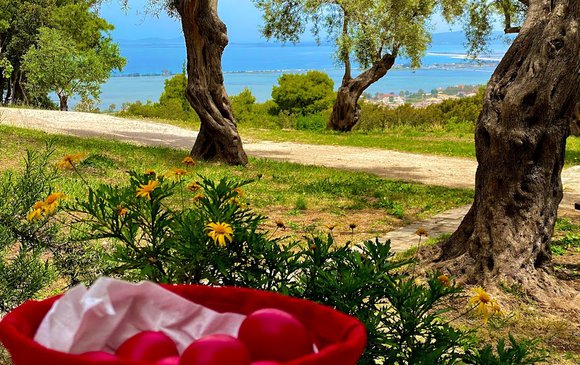Orthodox Easter or Pascha in Greek, is without doubt one of the greatest religious events in Lefkada, honoured by many customs. During the Holy Week (Megali Evdomada) believers prepare themselves for Christ’s Resurrection by abstaining from red and white meat, meat products, fish and olive oil while church services every evening.
Let's see the traditions!
Maundy Monday to Holy Wednesday
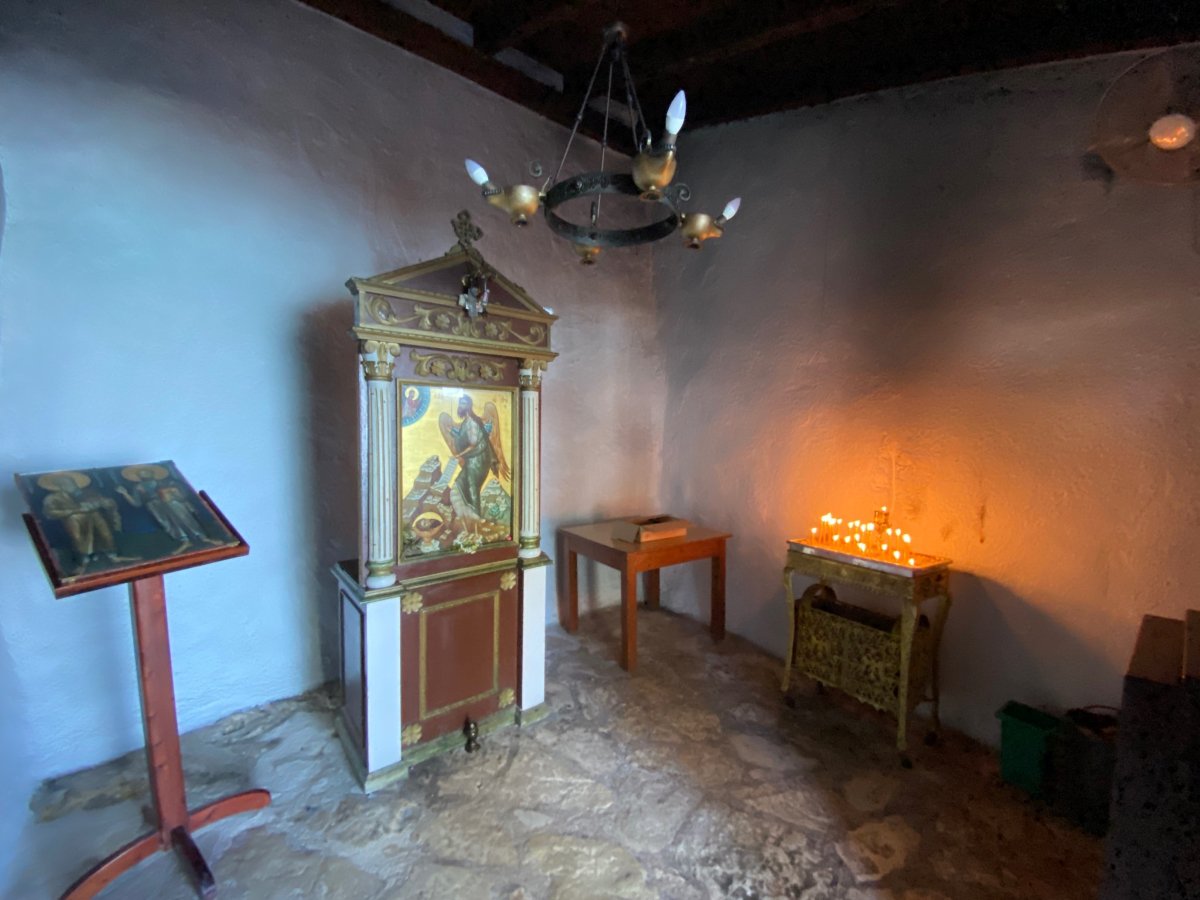
The first days of the Holy week are devoted to cleaning and preparing the house. In Lefkada island, the mothers used to white-washed the house, scrubbed the wooden floors and coloured them with a yellowish dye. Maundy Monday is the day on which Jesus Christ cleansed the temple and cursed the fruitless fig tree which symbolizes the souls that lack virtue. On Maundy Tuesday, the Orthodox Church commemorates the Parable of the Ten Virgins which wants to teach us how to be faithful. Holy Wednesday is dedicated to Mary Magdalene who regretted her previous life, anointed Jesus’ feet and wiped them with her hair.
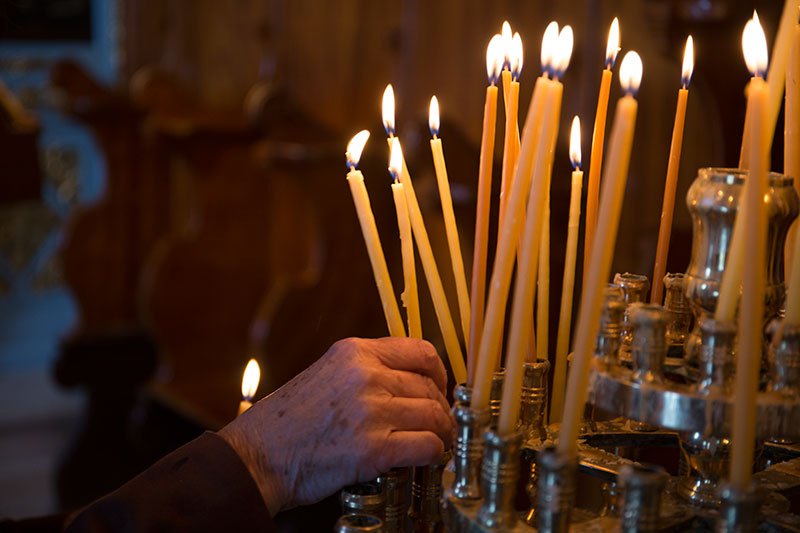
Maundy Thursday
On Maundy Thursday, the eggs are dyed red (the red colour represents the blood of Christ, whose resurrection is celebrated on Saturday and the eggs should not be eaten until then), Easter cookies (labrokouloura) and tsourekia are baked and the customary visit to the cemetery is paid for the memorial service. The usual food is a pie made with greens, and mussel risotto.
For the priest (from the book The Cookery of Lefkada)
''On the morning of Maundy Thursday we used to take along an offering for the priest. This had to be done without fail. In the old days priests were not paid a salary and were dependent on the assistance of the faithful. At Easter they also put out a tray which was called a 'voluntary' (contribution). And all the parishioners would put in what they could afford, for the priest.''
Told by Mantho Asprogeraka from Fryas, Lefkada
Good Friday
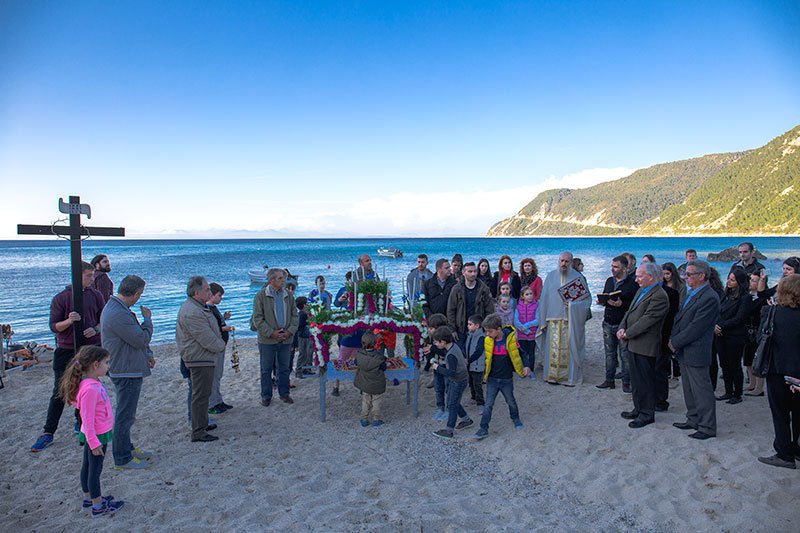
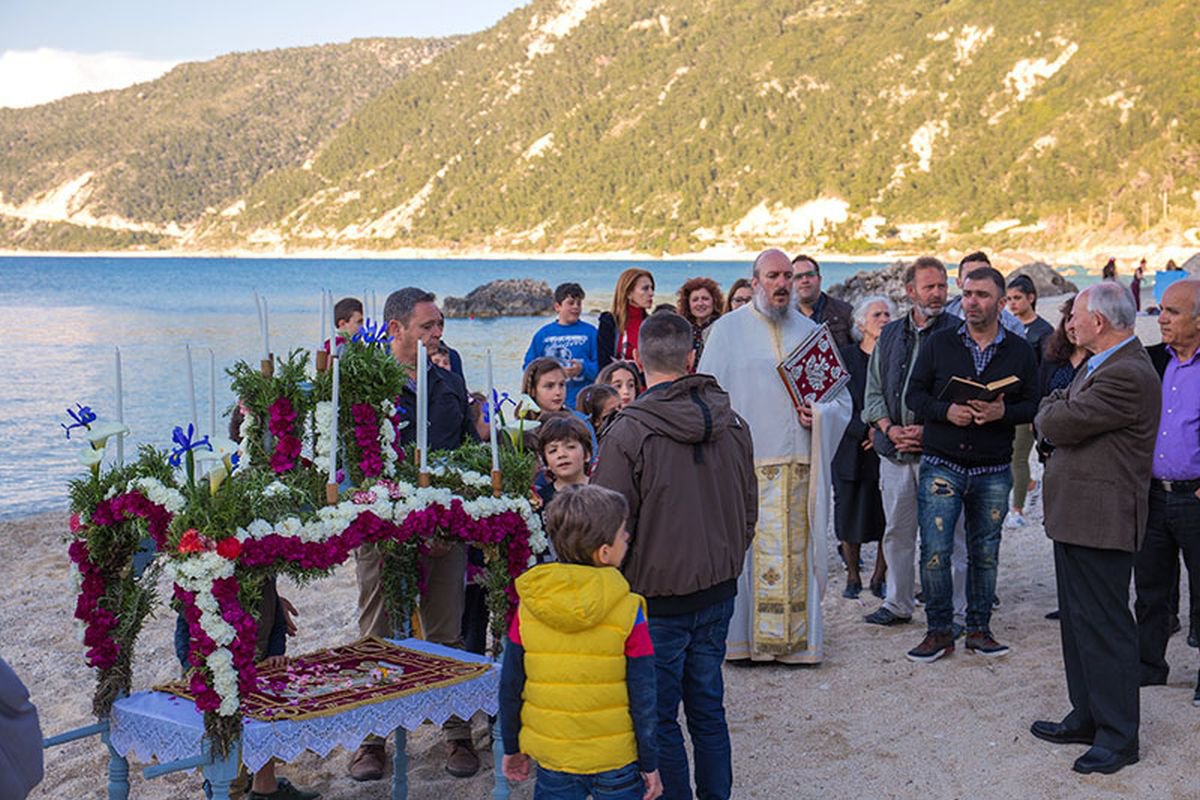
Good Friday is the day of absolute mourning for Christianity that commemorates the Passion of Jesus Christ. The procession of the epitaph (which is the symbolic funeral bier of Jesus Christ covered with flowers) is the centre of interest. That day you will hear the church bells ring all day for the funeral of Christ while Epitaph is decorated with flowers brought from the gardens, principally the best are mauve gillyflowers and white lilies. After the church service, the processions from all the churches meet in the main pedestrian street in a united display of devotion and move to the mournful rhythm of the songs played by Lefkada’s Philharmonic Orchestra.
The baker shops (from the book The Cookery of Lefkada)
''On Good Friday the baker shops sold flat loaves of bread (lagana) that was suitable for the day's food: olives, halva, radishes, broad beans cooked with coarse salt and oregano -sold in the market by Lavranos - tarama (salted fish roe) with lemon juice only, etc. In Lefkada on that day they did not lay the table; snacks without oil were eaten standing up.''
Told by Anthoula Gourgarioti-Thermou from Lefkada
Holy Saturday
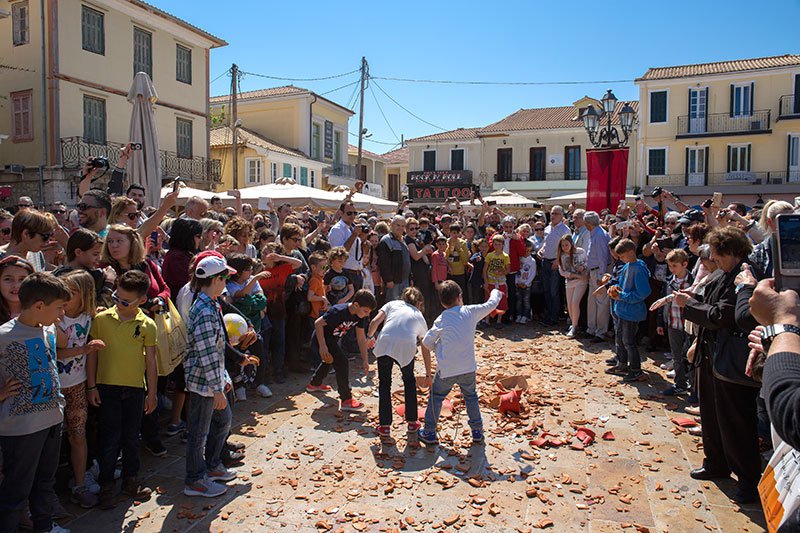
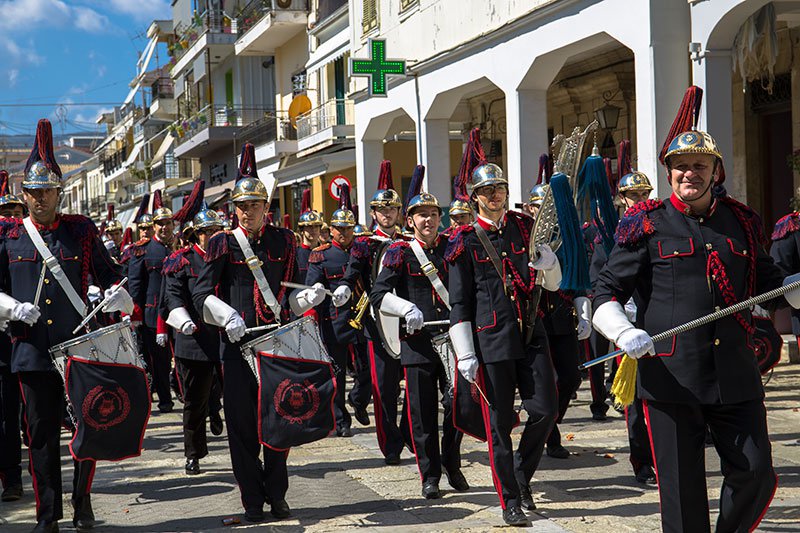
On Holy Saturday morning, as soon as the bells are rung for the First Resurrection, lemon leaves are scattered in church. In the morning the Philharmonic Orchestra enters the market street, playing marches-the signal for housewives to throw fragile clay pots from up high with force, making a terrific clatter as they smash, thus breaking the mourning of Holy Week or, according to others, killing Judas who betrayed Christ. This is a custom found with variations in all the Ionian islands.
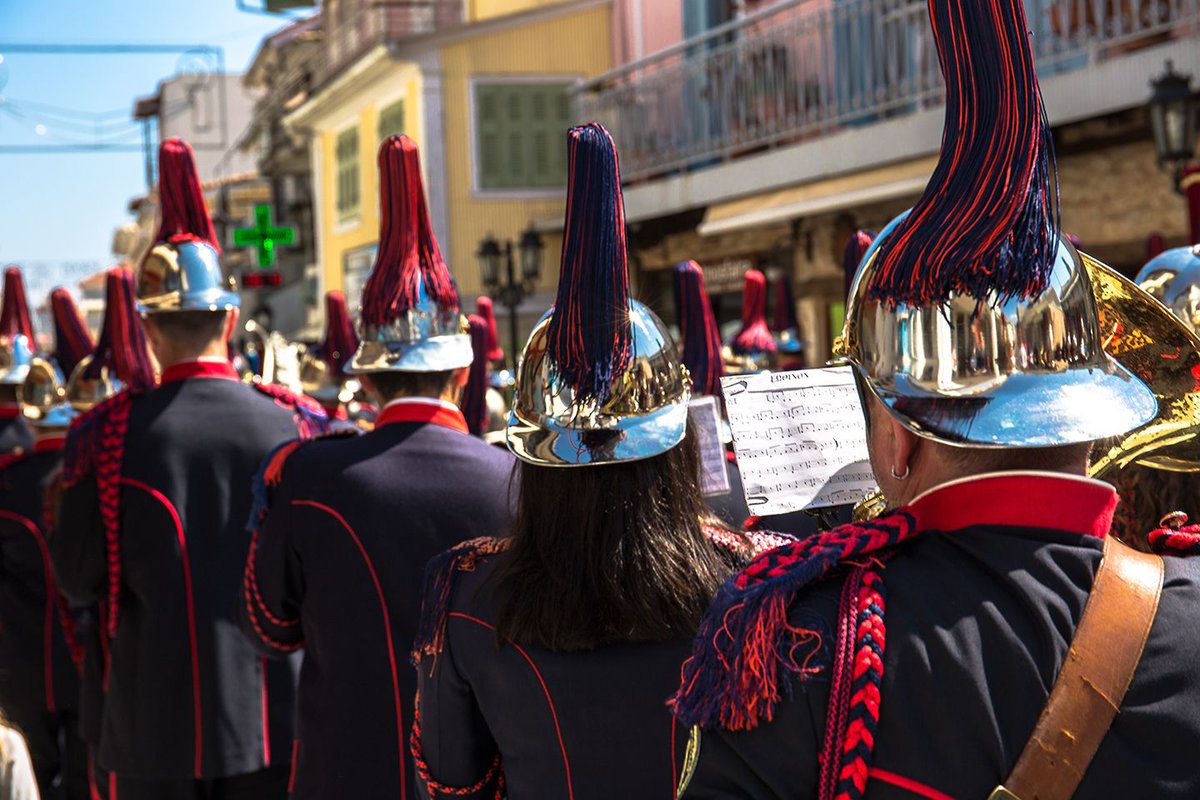
Just before midnight believers go to church with their votive candles or lambades, which they light with the 'Holy Light' offered by the priest who invites people to ''come to get the light''. At midnight the Resurrection of Jesus Christ is celebrated with the hymn Christos Anesti. People start kissing each other telling ''Christos Anesti!'' meaning “Christ has risen!” and ''Alithos Anesti!'' meaning ''Truly, he has risen!'' and of course fireworks and dinamitakia go off. One of the most common dishes of that day is Mageiritsa soup (made from lamb offal and romaine lettuce). It is a very controversial dish so you gonna love it or hate it. After mageiritsa soup, it's time for the game of cracking the Easter eggs (aka tsougkrisma), a custom that symbolises Jesus Christ’s resurrection from the dead.
Easter Sunday
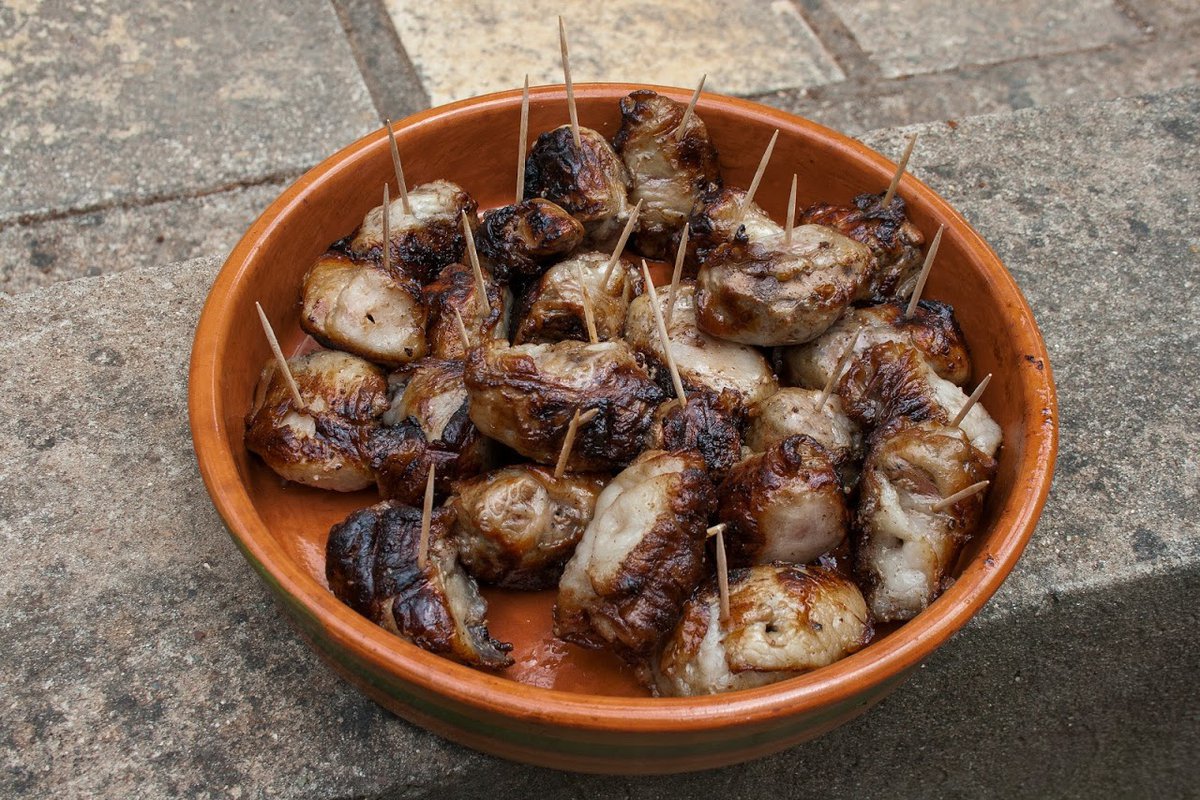
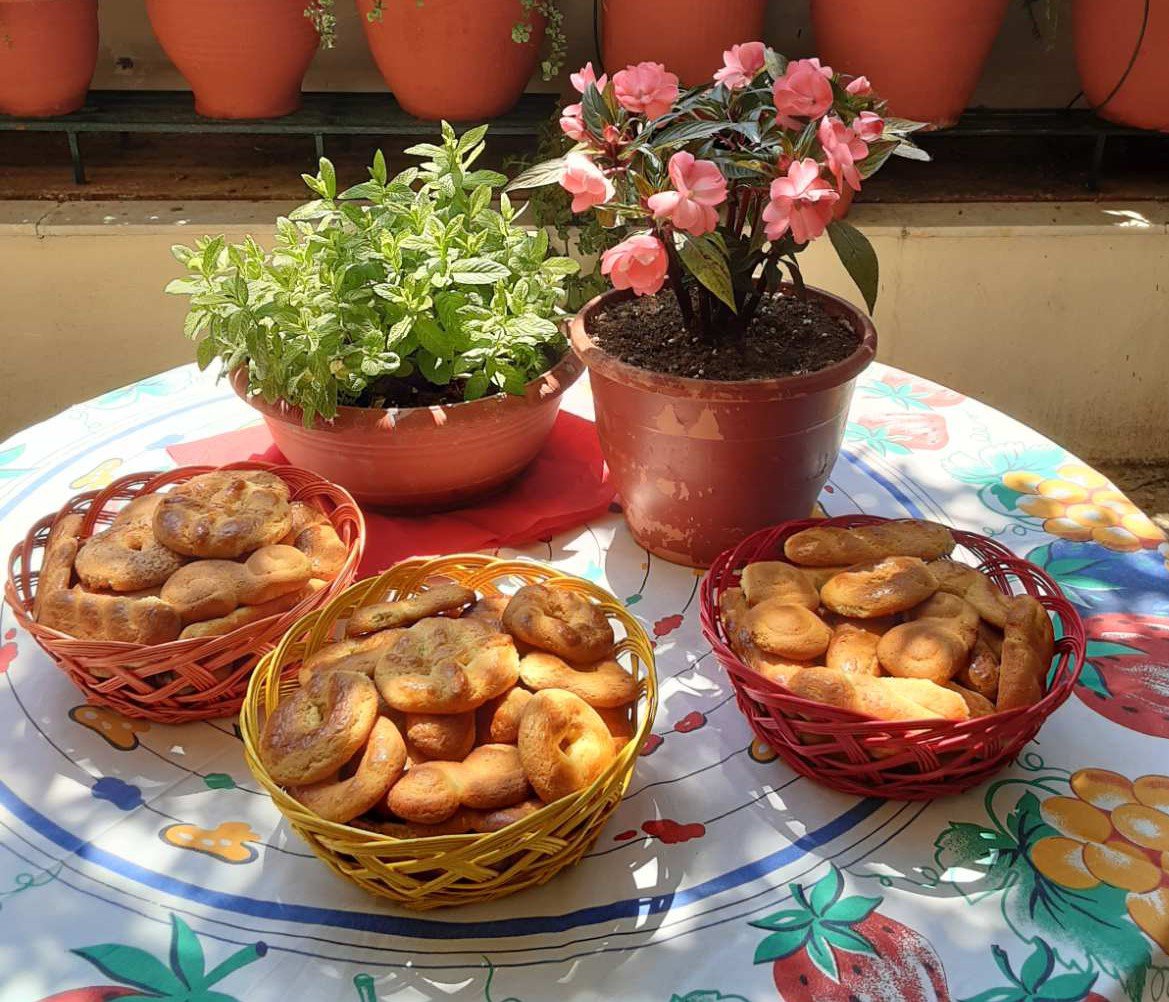
Easter means food with family! That day the spits are set to work and families meet up for the roasting of lamb outside. According to the tradition, the lamb represents Christ, the Holy Lamb of God. Appetizers include tzatziki, Greek salad, olives, kokoretsi, (a traditional Greek specialty consisting of lamb intestines wrapped around seasoned offal, including sweetbreads, lungs, or kidneys, and typically grilled) and splinadero (sausage made from spleen and mutton). Of course the meal is accompanied with ouzo or tsipouro and folk music. Traditional Easter desserts include Easter cookies and tsoureki.
Kalo Pascha!

